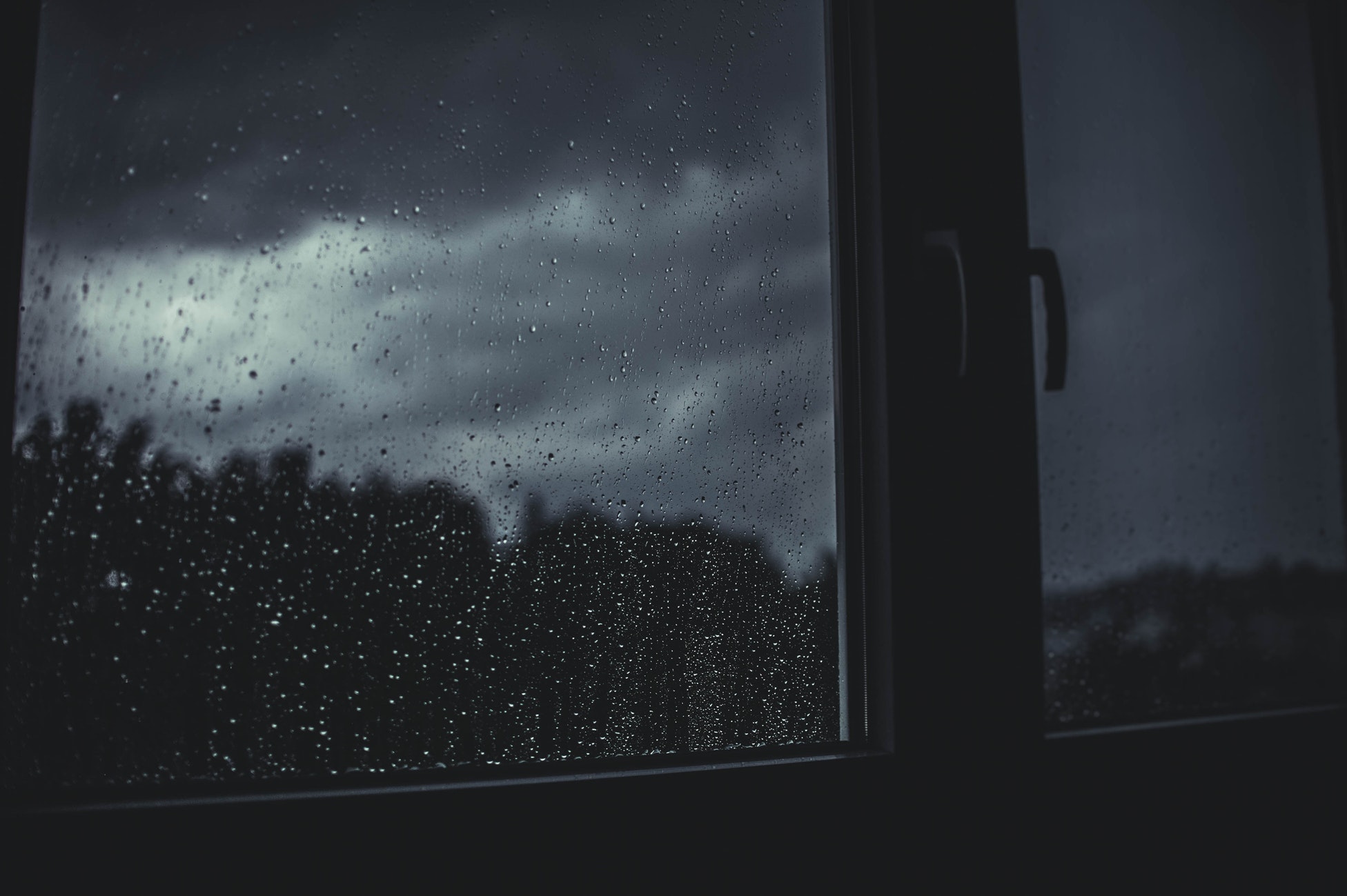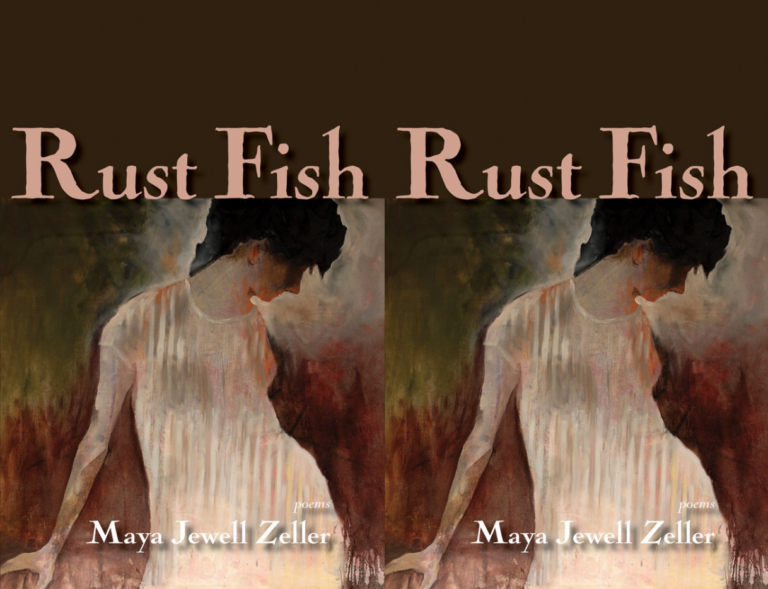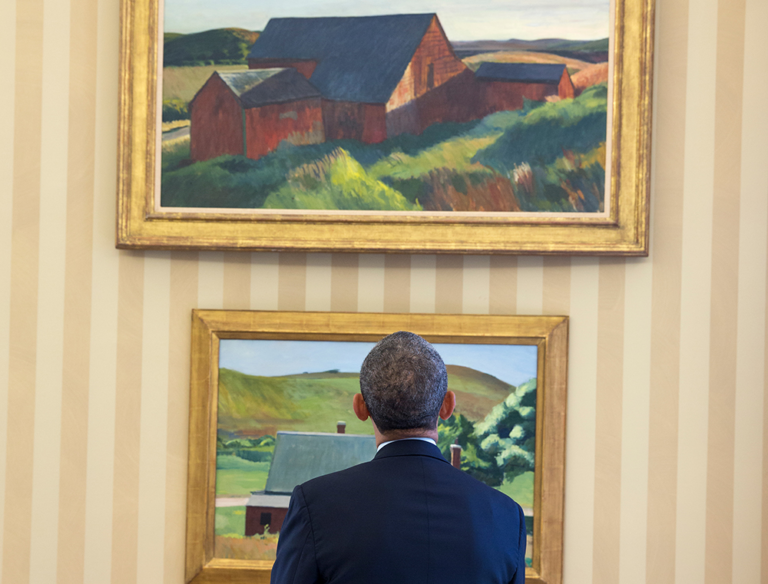“If I Can Bear the Nights, the Days Are a Pleasure”: On Not Writing

I’ve been writing a collection of linked stories for the past year at a steady speed: ten pages a week, and I’m lucky if five of them survive my merciless editing. I’m a slow writer and I accepted that a long time ago. But earlier this year, I noticed I was becoming slower and slower, writing a sentence a day, even a sentence a week at times.
I was experiencing a period of drought. So I waited it out, allowed myself to live with the stillness for a few weeks. Time passed and I didn’t write any fiction. I watched movies, went to the museum, spent a weekend with a friend in Vermont, slept for too long. And I read a lot, even a few books that made me want to write. But every time I sat down in my desk, my heart raced. I forgot the words, my sentences sounded wordy, unnecessary, ugly.
I was feeling anxious, burdened with self-consciousness on questions of technique. My stylistic concerns are that of a “plain stylist,” as James Wood puts it in his How Fiction Works, a writer who is “self-conscious about her plainness, itself now resembling a form of highly controlled and minimalist richness, a stylishness of renunciation.”
Wood, who is also this season’s co-guest-editor for Ploughshares, writes about “the great unself-conscious writers who came before Flaubert, the beasts of instinct who just got on with it, like Molière and Cervantes.” During that dry spell, I admit that I wished to be an unself-conscious writer, a writer who doesn’t worry too much about elegance or concision and can produce entire chapters in one sitting. I wanted to lose control, to just get right on with it, to let go a little. When I don’t try so hard, when I trust the book and save the criticism for later, I’m funnier, gentler, more surprising. Somehow, the book is always wiser than the person who writes it.
This act of abandonment was one of the best decisions I’ve made as a writer. When we sit down to write a first draft, the rules of craft shouldn’t matter. I’ve returned to innocence, to those days when writing was wordplay and storytelling for its own sake. Most importantly, I’ve allowed myself to lose myself in my work, to belong to my writing so completely that I forget I’m even there, busy with the exercise of becoming other people.
Painter Philip Guston once said that, “When you’re in the studio painting, there are a lot of people in there with you—your teachers, friends, painters from history, critics—and one by one, if you’re really painting, they walk out. And if you’re really painting, you walk out.” And when you do walk out and surrender, that is bliss.


